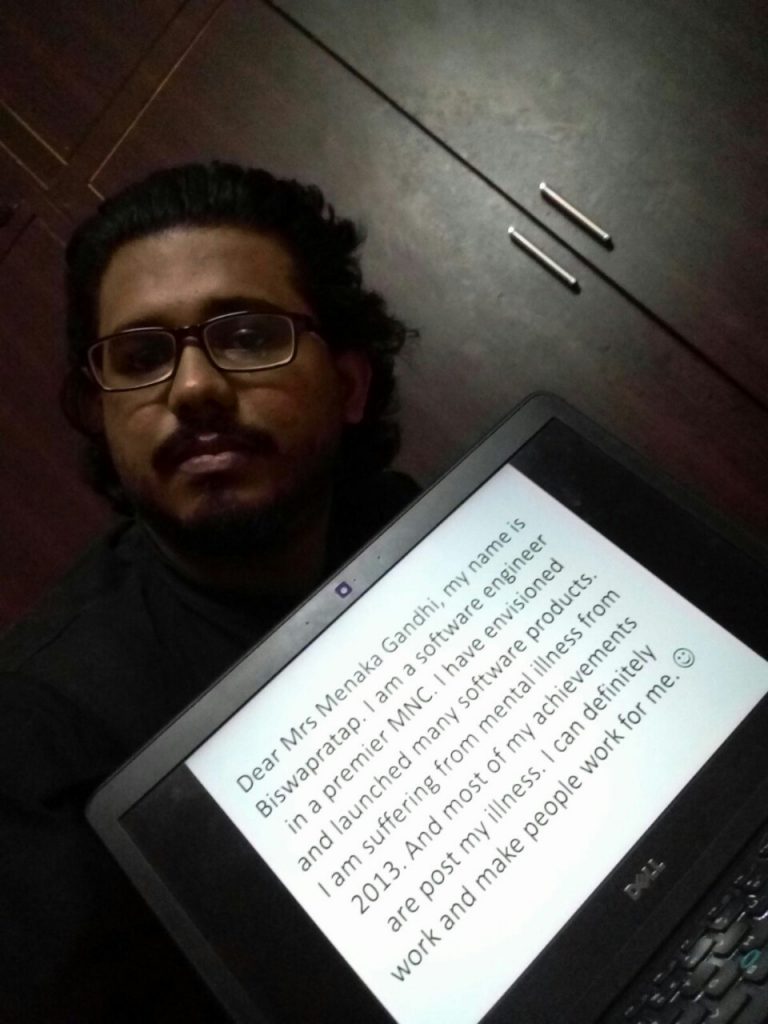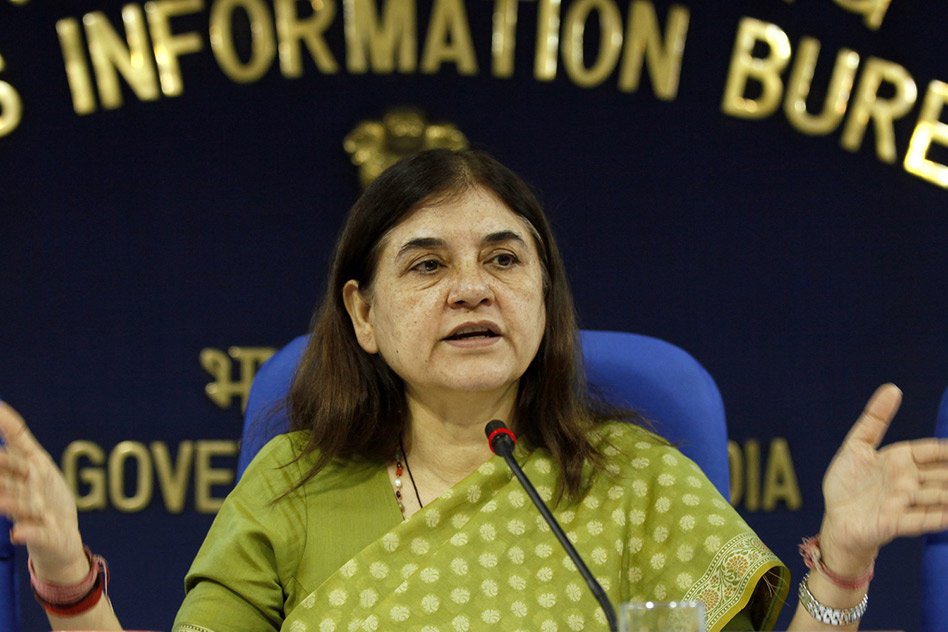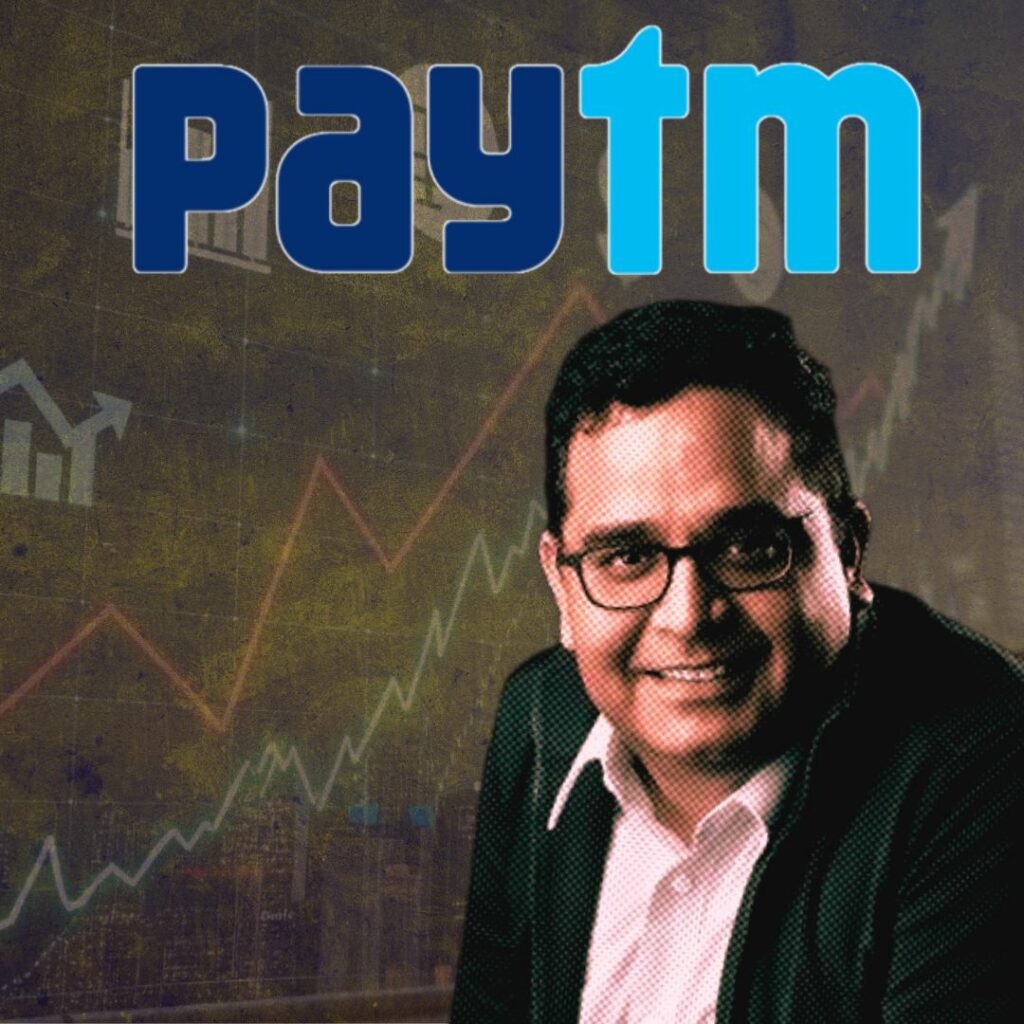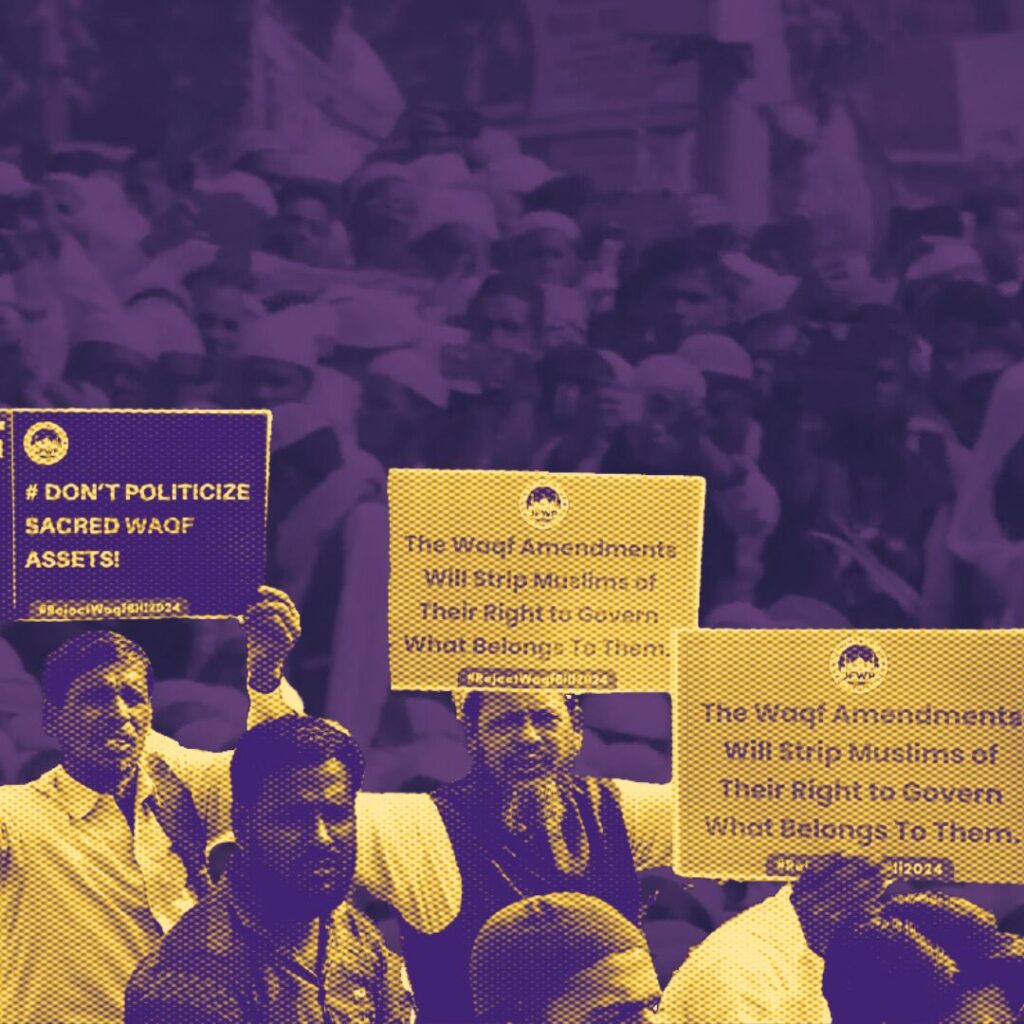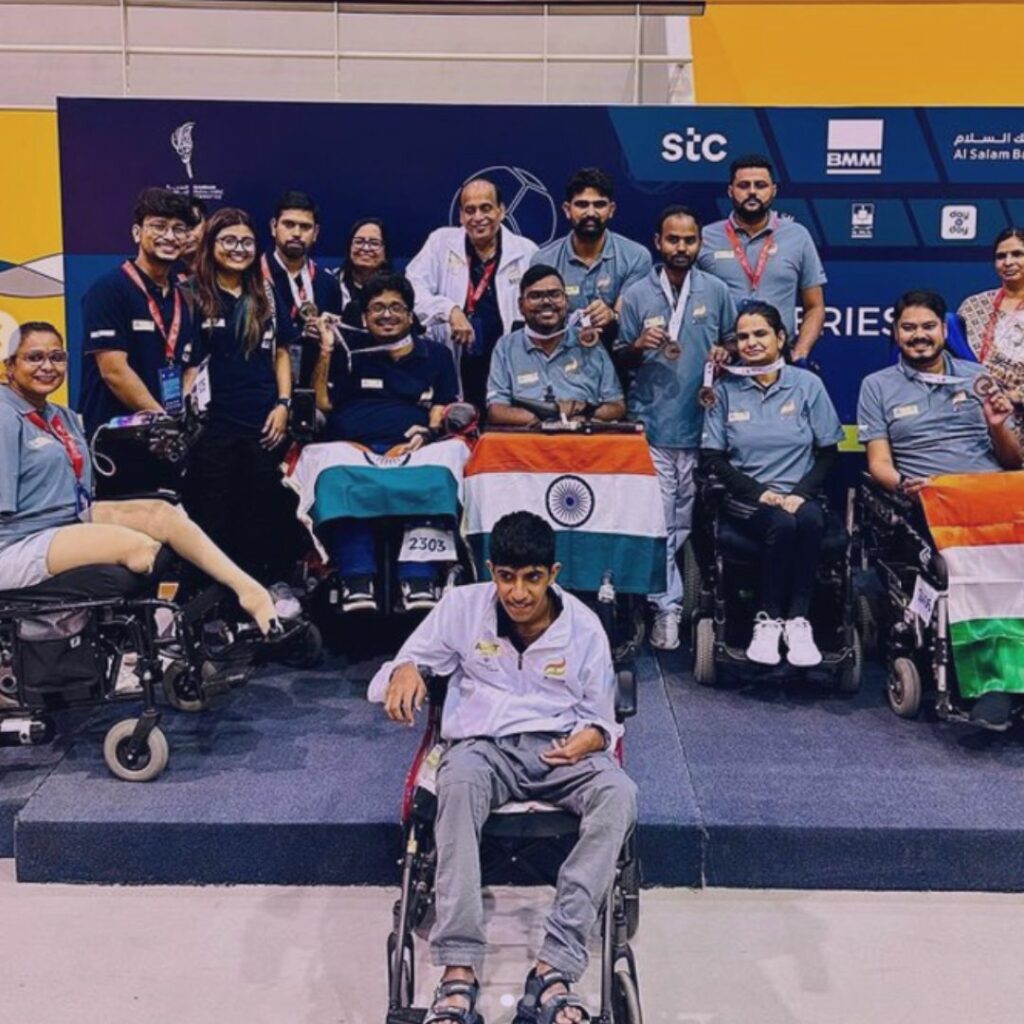Image Source: huffingtonpost, tumblr
“It (bill) does not differentiate between mentally ill and mentally disabled person. But there is a difference between the two. If a person is mentally ill like schizophrenic, how can he be given a job” – Alleged statement made by Maneka Gandhi, Indian Union Minister for Women & Child Development
The alleged statement above was made following a meeting to examine The Right of Persons with Disabilities Bill 2014 and has recently received considerable public attention. The statement was interpreted as people experiencing mental health issues such as, schizophrenia (a severe mental health issue) cannot work and lead a successful life. Understandably, this led to an outcry of strong emotions such as, anger and shock amongst those experiencing mental health issues and those against discrimination on the grounds of mental health issues.
Why did this statement evoke a strong reaction?
■ We expect and deserve support, compassion and a better attitude towards mental health issues from those elected to run our country and support us as citizens.
■ A person’s mental health issues do not define them as a person. They are not their mental health issue. They are not a “Schizophrenic” or a “Depressed Person”, they are experiencing depression or schizophrenia. There is a difference between “being something” and “experiencing something”, with the latter being the case in mental health issues. Labelling people worsens their issues, increases the stigma attached to mental health in society, limits our understanding of mental health and mental health issues and discourages people from seeking support.
■ Given the right support and motivation, anyone experiencing a mental health issue can work, succeed and enjoy life. It is all about understanding and managing your mental health and utilising appropriate professional (e.g. psychiatrist, psychologist) and personal (e.g. friends, family, society) support in doing so. In fact, many people who have experienced mental health issues have said that this experience has made them stronger and wiser as a person.
■ The sad reality is that people are discriminated against on the grounds of mental health issues. Many people experiencing mental health issues are ridiculed or shunned by society because of the stigma, lack of knowledge and resources to support people experiencing mental health issues.
But was this statement taken out of context? Was it a misinterpretation on our behalf?
In response to the strong negative reactions from people and organisations such as Chennai-based NGO SCARF, Maneka Gandhi clarified:
“What I suggested at a closed door meeting of the ministries was that , instead of a gross mix-up of physically disabled, mentally ill. mentally challenged and diseased – all being lumped under the same category for the 3% reservation, we refine the list so that everyone knows the category in which they can get pensions / jobs. For instance , there is no point putting leprosy with autism. Leprosy is a disease and autism at its extreme level is a disablement. If we put leprosy in the list carelessly then we leave the door open to cancer , liver/kidney failure etc and make the 3% reservation a mockery. Regarding mental illness, I asked them to grade the different forms and see which can be employable and which needs a pension.”
This suggests that Maneka Gandhi was instead raising the point to differentiate between a) mental health issues (e.g. schizophrenia), physical health issues and developmental disabilities (e.g. autism) and b) the different types of mental health issues as mental health issues differ in severity. This was to refine The Right of Persons with Disabilities Bill 2014 and to ensure the right level of support is offered to people according to their needs.
Did our strong emotions influence our interpretation of the statement together with an inaccurate articulation of the points Maneka Gandhi was trying to make and a lack of clarification?
We don’t know for sure but what is more important are the people that came forward to support working towards better mental health and reducing stigma in society. This includes a tumblr website to reduce the stigma attached to mental health issues and challenge the stereotypes held in society. This alleged statement is certainly a boon in disguise as it has brought us together to change the inaccurate, negative portrayal of mental health issues and people experiencing mental health issues in society.

